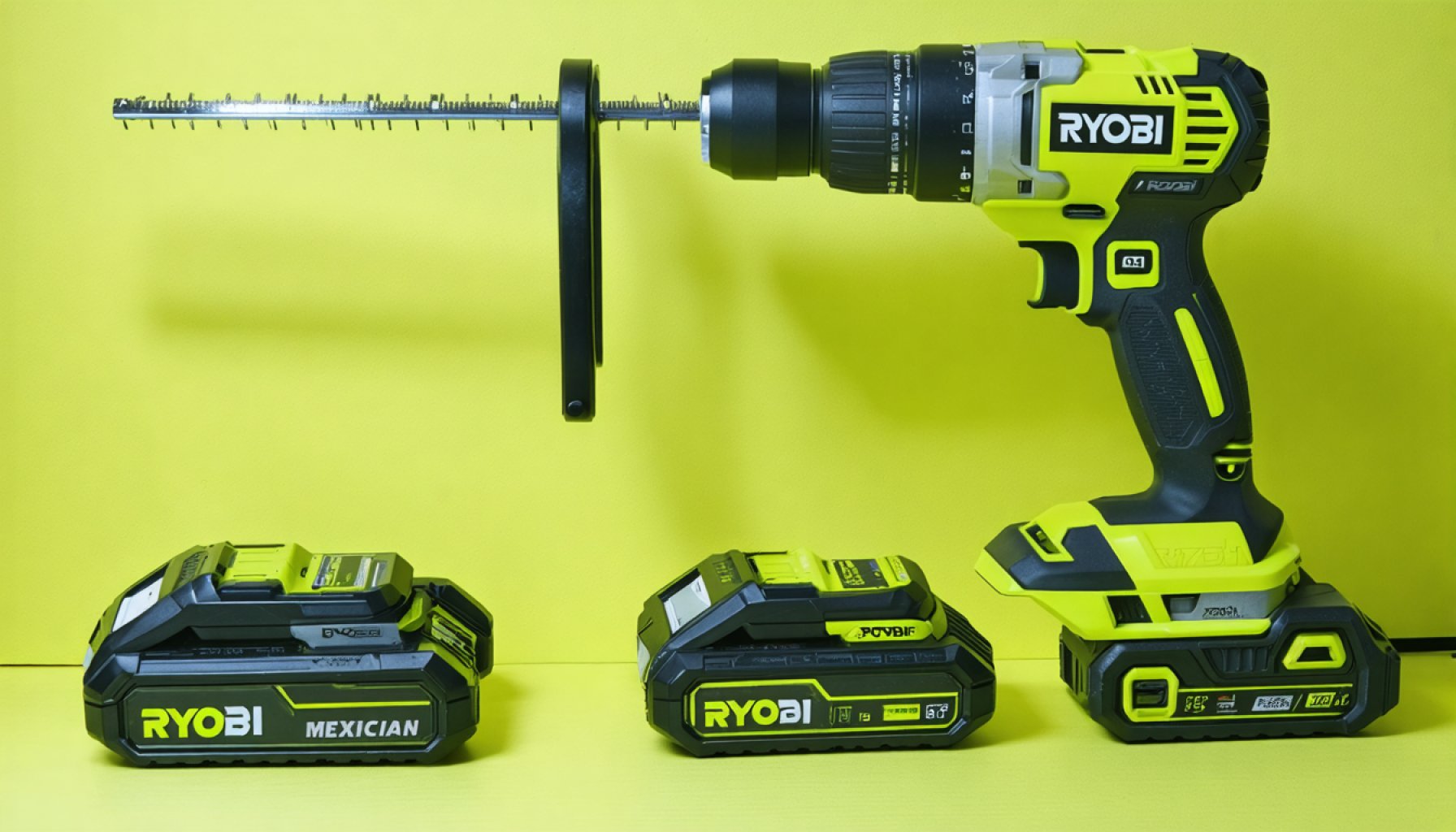- Ryobi faces economic uncertainty due to slower than expected electric vehicle (EV) sales, impacting its expansion plans in Mexico.
- The anticipated demand for eco-friendly vehicles hasn’t materialized, affecting industries hoping for a green transition.
- The U.S. government’s 25% tariff on imports from Mexico further complicates Ryobi’s plans, challenging profitability and expansion.
- Ryobi must employ strategic patience, balancing risks amidst geopolitical and economic shifts.
- The situation exemplifies the complexity of modern industries, influenced by trade policies, consumer behaviors, and global dynamics.
- Success in the current landscape requires not just foresight but adaptable strategies in response to evolving real-world conditions.
A breeze of economic uncertainty rustles through the industrial landscape of Hiroshima’s Ryobi, a stalwart in manufacturing aluminum die-cast products. Headlines on automotive evolution have long speculated, but now reality bites: the relentless surge towards electrification has hit a traffic jam. With electric vehicle (EV) sales not accelerating as fast as anticipated, Ryobi finds its expansion plans in Mexico shrouded in doubt.
As the world eyes a greener frontier, unexpected barriers have emerged. The anticipated demand surge for eco-friendly vehicles, an inflection point for many industries, hasn’t materialized as quickly as projected. This miscalculation cascades into Ryobi’s hesitation, its Mexican plant dreams rattling under the weight of global economic shifts.
Trade winds blow cold across the border. With the U.S. government imposing a hefty 25% tariff on imports from Mexico, the crossing has become an economic Rubicon. For Ryobi, any immediate movement could lead into turbulent waters. This tariff, a guard at the gates of tranquility, has made potential profits fade, leaving expansion plans suspended like a balloon tethered in a storm.
In the calculus of international business, waiting is sometimes the fiercest acumen. Ryobi now stands at this threshold, assessing risks while keeping their eyes on the horizon. As geopolitical tensions surge and ebb, companies must ground their strategies in prudence while advancing boldly where possible.
For the global onlooker, Ryobi’s predicament serves as a poignant reminder of the complex ecosystem that sustains modern industries. Beyond the gleaming promise of innovation, lie intricate webs of trade policies, consumer behavior, and geopolitical dynamics. As these elements dance in an ever-changing interplay, the takeaway becomes clear: adeptly navigating this landscape demands not just foresight but a nimble adaptability to the truths unveiled by real-world conditions.
Is Ryobi’s Expansion in Mexico at a Crossroads Due to EV Market Fluctuations?
Understanding Ryobi’s Dilemma
Ryobi, a major player in the manufacturing of aluminum die-cast products, is feeling the ripple effects of an evolving automotive industry. The anticipated runaway success of electric vehicles (EVs), which was expected to reshape the automotive landscape, is progressing slower than initially forecasted. This has placed Ryobi’s strategic expansion plans into Mexico under scrutiny.
Key Challenges Affecting Ryobi
1. Electric Vehicle Sales Slowdown: The switch to EVs hasn’t accelerated as quickly as expected. Factors like high EV prices, limited charging infrastructure, and consumer hesitancy have restrained market growth. A 2023 report by the International Energy Agency (IEA) indicates that while EV adoption is increasing, it faces hurdles in infrastructure development and market acceptance.
2. U.S. Tariffs on Mexican Goods: The U.S. government’s 25% tariff on imports from Mexico casts a shadow over Ryobi’s costs and profit forecasts, making expansion plans financially complex. These tariffs, which aim to protect domestic industries, have inadvertently pressured multinational operations.
3. Economic and Geopolitical Instability: Fluctuating global economic conditions and geopolitical uncertainties, such as supply chain disruptions and international trade tensions, influence business decisions. Companies like Ryobi must navigate these factors strategically.
Real-World Use Cases and Industry Trends
– Automotive Industry Adaptation: Companies are rethinking supply chain strategies to reduce reliance on singular market conditions. Localizing production or altering supply chains can mitigate tariff impacts and geopolitical risks.
– Sustainable Manufacturing: There is a trend toward sustainable manufacturing practices, with a focus on reducing carbon footprints and utilizing eco-friendly materials—an essential shift for industries reacting to environmental pressures.
Ryobi’s Strategic Options and Recommendations
– Diversification: Ryobi could explore diversifying its product lines beyond automotive applications, particularly in high-growth sectors like renewable energy or electronics, to spread risk and tap into emerging markets.
– Local Manufacturing Solutions: Establishing local partnerships in the U.S. could lessen the impact of tariffs and align with shifting manufacturing trends where proximity to end users is becoming more crucial.
– Invest in R&D: To remain competitive, Ryobi should increase investment in research and development to innovate new, lightweight materials and components that cater to both traditional and electric vehicles.
Pros and Cons Overview
Pros:
– Expansion into Mexico positions Ryobi for potentially lower labor costs and access to new markets.
– Potential alignment with North American trade agreements could favor future operations.
Cons:
– Unpredictability with tariffs poses financial risks.
– Slow EV growth might reduce demand for specific automotive components initially targeted for production.
Quick Tips for Business Adaptability
– Stay Informed: Monitor market trends and policy changes in real-time to make informed decisions.
– Be Agile: Implement flexible business strategies that can quickly adapt to shifts in market conditions and consumer demand.
– Leverage Technology: Use data analytics and AI to forecast trends, streamline operations, and innovate product offerings.
For further insights and industry guidance, explore more on [Ryobi’s Corporate Website](https://www.ryobi-group.co.jp) for the latest initiatives and strategic directions.
In conclusion, while Ryobi navigates challenging terrain, the company has opportunities to leverage strategic foresight, diversify, and adapt to an evolving global industrial landscape.









